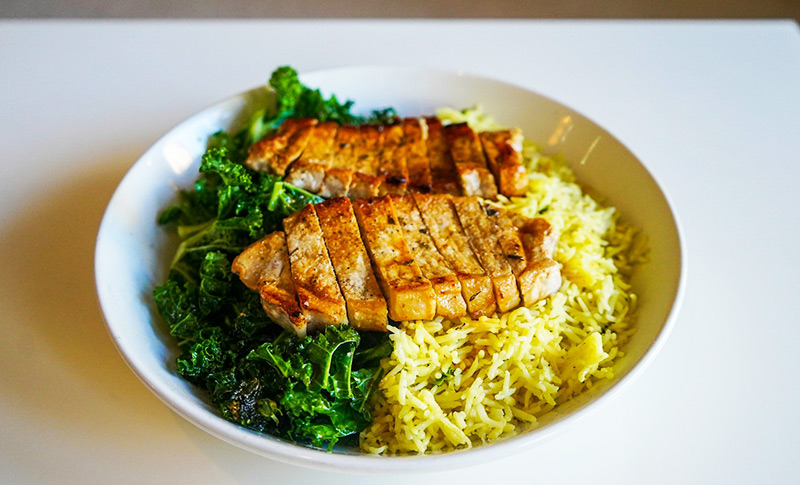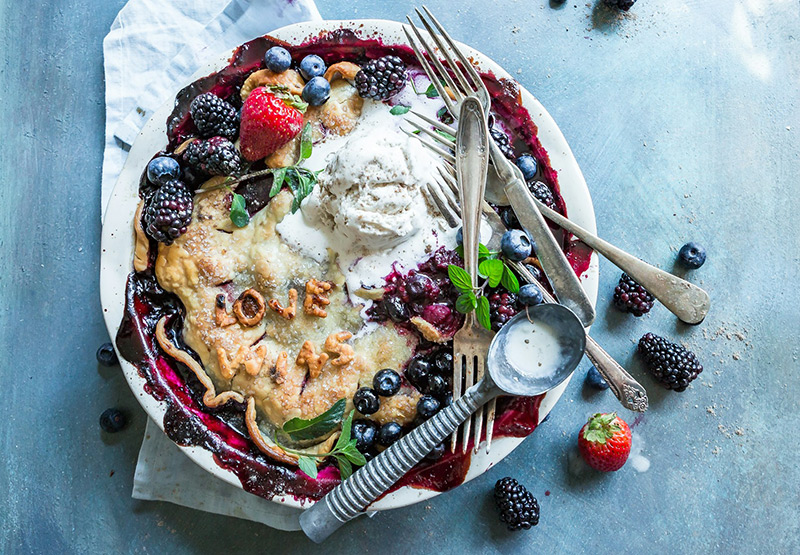Nutrition is key in recovering from rugby injuries; it’s not just about resting or seeing a physio.
For me, I am a former rugby player who could attest to how important nutrition is for one to get on the field, considering that most of my learning has come hard.
Let’s get into it: learn how using the right food is possibly one of the most potent recovery measures and will get you back stronger than before.
Macronutrients: Your Body’s Building Blocks

When you’re injured, your body needs the right fuel in order to heal itself.
Think of it like rebuilding a house – you need the right materials.
Protein: The Repair Crew
Protein is your body’s repair crew, to rebuild tissues when they have been damaged.
Aim for around 2g of protein per kilo of your body weight per day.
Great sources include:
- Lean meats
- Fish
- Eggs
- Dairy
- Plant-based like beans and lentils
Pro tip: Spread your protein intake throughout the day for maximum absorption.
Carbs: The Energy Source
Carbs aren’t the bad guy – they fuel your recovery engine.
They support healing processes and prevent muscle breakdown.
Focus on complex carbs like:
- Whole grains
- Sweet potatoes
- Quinoa
These give you sustained energy without the sugar crashes.
Healthy Fats: The Hormone Helpers
Do not be lean on fats, but rather generous with them, for they are the precursors of hormones and help to shrink inflammation.
Omega-3 fatty acids play a key role in the recovery from an injury.
Good sources include:
- Fatty fish (salmon, mackerel)
- Avocados
- Nuts and seeds
- Olive oil
Micronutrients: The Quiet Achievers
Well, macros get all the love, but micronutrients are where the magic happens so recovery truly happens.
Vitamins for Victory
Certain vitamins are crucial for injury recovery:
- Vitamin C: promotes collagen synthesis for healing tissues
- Vitamin D: Supports bone health and has some immunomodulating activities
- Vitamin E: Acts as antioxidant and suppresses inflammation
Get these vitamins the natural way by piling up on colorful fruits and veggies.
Mighty Minerals
Don’t forget about minerals:
- Zinc: Enhances wound healing
- Calcium: Mineral for bone tissue repair
- Iron: Mineral to assist oxygen transport for tissue repair
Whole food sources of minerals should be sufficient.
Hydration: The Recovery Accelerator
Proper hydration, a huge role player in recovery, is overlooked most of the time.
Water dilutes the nutrients to be brought down to the site of injury and helps flush out toxins that could affect tissues.
Patients should strive for at least 2-3 liters of water per day, more if one is really sweating in rehab.
Anti-inflammatory Foods: Nature’s Ice Pack

Inflammation is a natural part of healing but excess actually prolongs it.
Some foods have native anti-inflammatory compounds:
- Berries
- Leafy greens
- Fatty fish
- Turmeric
- Ginger
This can be added to your diet to support your body’s healing process.
Meal Timing: Fueling the Recovery Engine
What you eat matters only half as much as when you eat it.
Post injury, stick to frequent and balanced meals to maintain nutrient availability.
A good rule of thumb:
- Eat something every 3-4 hours
- Include protein, carbs, and healthy fats in your meal
Don’t forget about post-training nutrition, even during rehab:
- Have a protein-rich snack within 30 minutes of your physio session
- Follow up with a balanced meal within 2 hours
Remember, nutrition is just one piece of the recovery puzzle.
Always do what the doctor and physio say, and don’t hesitate to seek out a sports nutritionist for personalized advice either.
Proper fuel, and time will have you back out on the rugby pitch in no time.
Special Considerations for Different Injuries
While general nutrition principles apply to all injuries, some require special attention.
Concussion Recovery: Feed Your Brain
Concussions are serious business in rugby. Your brain needs extra TLC during recovery:
- Omega-3s: Brain function. Try to get some fatty fish 2-3 times/week.
- Antioxidants: Berries, dark chocolate, green tea – all good for fighting oxidative stress.
- Hydrate: Your brain is about 75% water. Keep it happy with more fluids.
Steer clear of booze and be careful with the caffeine during recovery – they slow healing.
Bone Injuries: Calcium isn’t Enough
For fractures or stress injuries, you need more than just calcium:
- Vitamin D: Essential for calcium absorption. Get some safe sun exposure or consider supplements.
- Vitamin K: Works with vitamin D for bone health. Found in leafy greens and fermented foods.
- Protein: Crucial for bone matrix formation. Aim for a variety of sources.
Remember, bone healing takes time. Be patient and consistent with your nutrition.
Soft Tissue Injuries: Collagen is Key
- Vitamin C: Citrus fruits, berries, bell peppers
- Proline: Amino acid in egg whites, dairy, cabbage
- Copper: Trace amount nuts, seeds, shellfish
Consider adding bone broth or collagen supplements, but first with your doctor.
Managing Weight During Recovery
It’s common to worry about weight gain during injury downtime. Well, here is what to do:
- They should not reduce calorie intake drastically because the body needs energy for healing.
- Nutrient-dense foods: Rack up the most caloric mileage for your money.
- Stay active as you can tolerate. Work with your physio on exercises that are appropriate for you.
Some weight fluctuation is a fact of life in recovery at some point. For now, healing is the priority and not as much about a number on the scale.
Supplements: Proceed with Caution
While whole foods should be your primary source of nutrients, some supplements can support recovery:
- Whey protein: Can help meet increased protein needs.
- Creatine: May decrease atrophy in muscle when immobilized.
- Fish oil: For anti-inflammatory effects.
Always consult with a sports nutritionist or your physician before ever embarking on any supplementation program. What worked for your teammate isn’t automatically right for you.
The Mental Game of Recovery
Nutrition does not play games on your mental attitude during recovery:
- Omega-3s: Have been proven to fight depression and anxiety.
- Complicated carbs: Raise serotonin for improved mood.
- Fermented foods: Gut-brain relationship is the real deal-the probiotics may aid in supportive mental health.
Keep connected with your team and will not hesitate to ask for support if feeling mentally challenged.
Putting It All Together: A Sample Day
This is what recovery nutrition for a day may be:
- Breakfast: Greek yogurt berries, nuts and drizzle of honey
- Snack: Apple slices with almond butter
- Lunch: Grilled salmon, quinoa, and roasted vegetables
- After physio: Protein shake with banana and spinach
- Dinner: Stir-fry lean beef with a ton of colorful vegetables
- Before bed: Tart cherry juice (natural anti-inflammatory and sleep aid)
This is what I do. Do it but cook with your specifications and preference.
Conclusion: Consistency is Key
In recovery, you don’t sprint after a rugby injury; you journey. Proper, conscious nutrition is one of the best tools that a successful recovery can be backed with.
Pay attention to your body, fuel it well, and know when to look for professional guidance. With patience and the right nutrition strategy, you’ll be back on the pitch stronger than ever.
Remember what Dan Carter once said: “It’s not about how many times you get knocked down, it’s about how many times you get back up.”